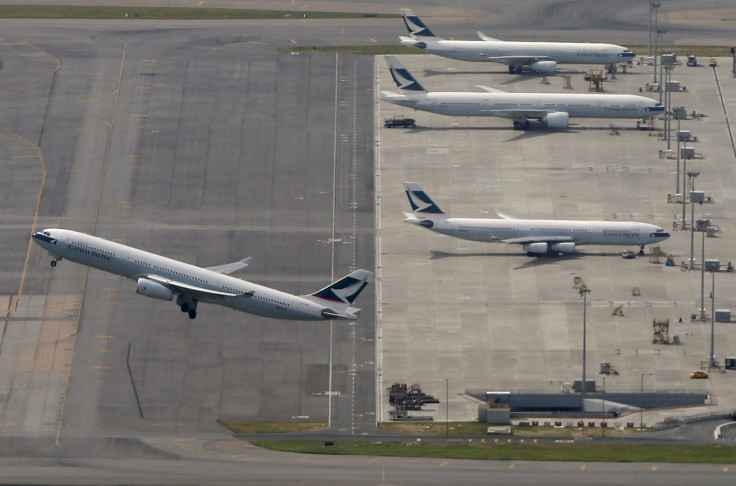MERS Outbreak 2015: No Travel Ban Needed Yet To Curb MERS, Says World Health Organization

The World Health Organization said Friday that there is no need to institute a travel ban to contain the outbreak of MERS, which has caused 11 deaths so far in South Korea. The agency is also holding off on recommending airport screenings at this time.
MERS, which stands for Middle East Respiratory Syndrome, was first identified in 2012 in Saudi Arabia. The virus has remained primarily in the Middle East, until recently. South Korea has reported 125 cases of the virus, which represents the biggest outbreak outside of the Middle East so far.
"The World Health Organization does not recommend a travel ban," WHO spokeswoman Alison Clements-Hunt told Al Jazeera. Most cases were limited to hospitals and healthcare facilities, she said, where infected patients had some kind of close contact with others.
"Unless you have close contact, it is unlikely that you will catch MERS. That's why it passes in healthcare facilities, because it tends to be in close contact," she said.
The agency does not recommend airport screening measures yet, either. But the WHO suggested that the South Korean government should keep track of travelers who are entering South Korea from a country where the virus is actively circulating.
Clements-Hunt said officials should remain vigilant, regardless. "The South Koreans are putting the measures that the WHO recommends, which is isolation and good infection prevention control in hospitals," she said.
© Copyright IBTimes 2024. All rights reserved.











